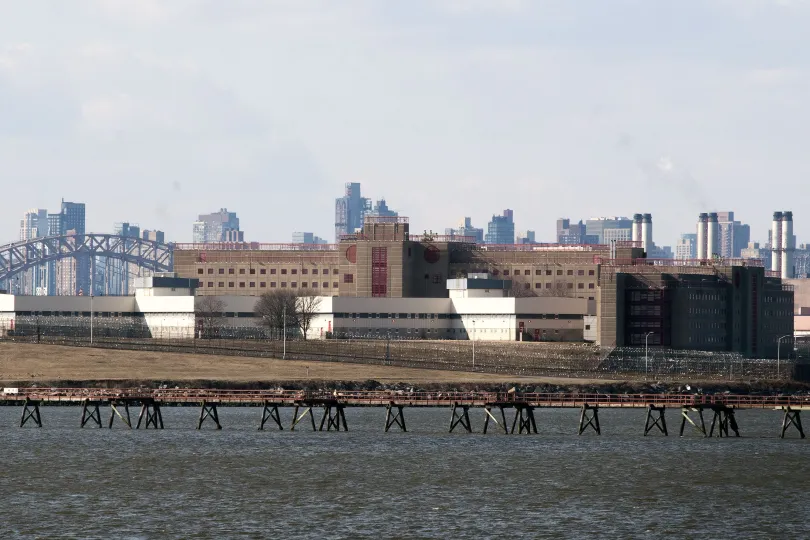10 years a detainee: Why some spend years on Rikers, despite right to speedy trial
Rikers Island was designed to hold people accused of crimes less than a year. Why have some detainees been there for six, eight and even 10 years?

Rikers Island as seen from Queens, Jan. 25, 2019. Photo: Ben Fractenberg/THE CITY
 This article was originally published on by THE CITY
This article was originally published on by THE CITY
The last time these detainees awaiting trial were free, Eli Manning was quarterback for the Giants, Bill de Blasio was in the middle of his first mayoral term, and Donald Trump was just taking office as president.
This isn’t supposed to happen.

Brooklyn Boro
View MoreNew York City’s most populous borough, Brooklyn, is home to nearly 2.6 million residents. If Brooklyn were an independent city it would be the fourth largest city in the United States. While Brooklyn has become the epitome of ‘cool and hip’ in recent years, for those that were born here, raised families here and improved communities over the years, Brooklyn has never been ‘uncool’.